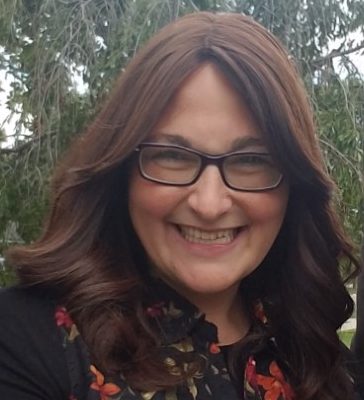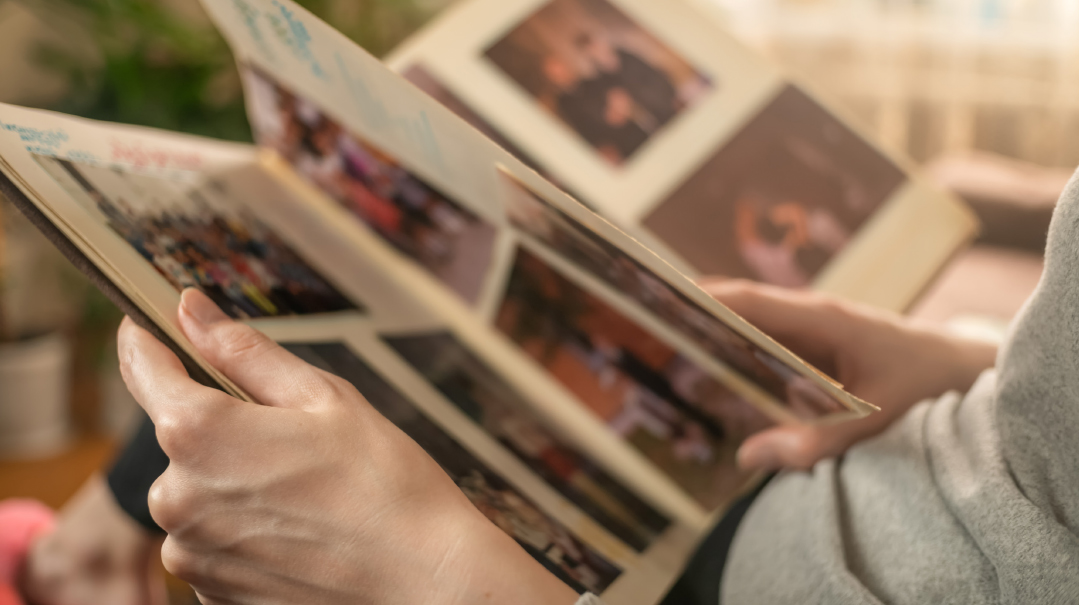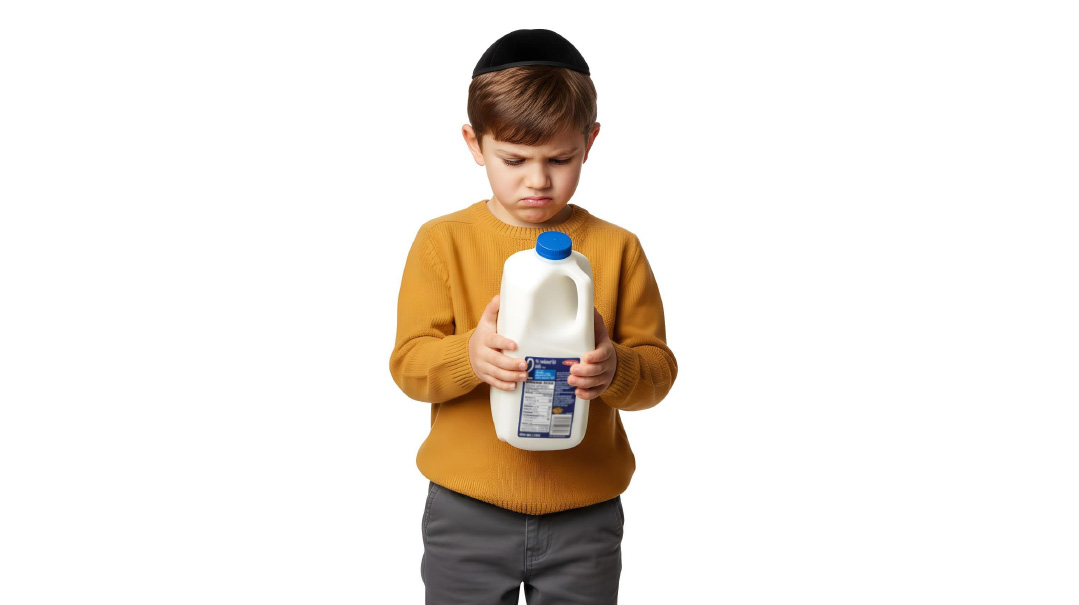Finding Comfort in the Darkness

If he could talk to us now, what would he say?

A
fter a loved one’s passing, pictures and videos of them naturally become more precious.
My brother, Yehuda Leib Greenwald, was the epitome of good health and positive energy. His sudden cardiac arrest on March 11, 2024, was a major shock to everyone who knew him. Yehuda Leib remained in a coma for two months before having another cardiac arrest and passing away on May 13. He was 36.
During the week of shivah, I asked his close friend, Chaim Pil, to please share any pictures and videos he had of Yehuda Leib with us, his family.
Chaim answered, “Are you kidding?! Yehuda Leib was our photographer! All our pictures are on his phone...”
The phone remains a locked treasure chest — no one knows the password.
The weeks following the shivah were hard. We ached to talk about him, but the flocks of visitors had disappeared. Our new reality echoed with a void that was loud and painful.
We played the videos of Yehuda Leib over and over, listened to his old WhatsApp voice notes organizing airport rides and PayPal payments from months ago, just to hear his voice.
It was all so abrupt. There was so much left unsaid, and we wondered: Did he know he would be gone so soon? Did he suffer? If he could talk to us now, what would he say?
It also sparked questions, like why did this happen? Why Yehuda Leib? He was such a good, kind person. Where are You, Hashem?
A few weeks after the shivah, on a particularly hard day, I ordered Chinese food for my family. As I walked to pick it up, I thought, I wish there was someone in town who understood.
I don’t live near my parents or siblings, and although Yehuda Leib had visited me and my family many times, no one here had known him very well. Of course, everyone understands loss, but it can be comforting to share the pain of this loss.
Are You with me, Hashem? I thought. I feel so alone.
I stepped into the restaurant, and the man behind the counter met my eye.
“I was so sorry to hear about Yehuda Leib,” he told me. “We were roommates for a few months in our yeshivah days in Morristown.”
Roommates, especially in yeshivah, know everything about each other — the good, the bad and the ugly… So yes, this man knew him. Really knew him.
As he shared some of his memories, I felt my shoulders loosen. The sweet-and-sour chicken and the wonton soup got a bit cold, but it didn’t matter. We would never understand the whys, but there was no doubt Hashem was with us.
Another time, also in the weeks following shivah, I scrolled through Chaim Pil’s online posts, searching through the many pictures and videos of the shiurim he’d hosted over the years. I knew Yehuda Leib had been a frequent attendee of these shiurim, and I itched for a glimpse of Yehuda Leib that would offer some sort of comfort.
And then, in one obscure video from Adar four years ago, I found it.
During a shiur on the topic of happiness, Chaim turned to talk into the video and said, “I have a friend who is always joyful… No matter what G-d throws at him, he goes above it and still manages to stay joyful… Yehuda Leib, tell us, how do you do it?”
Yehuda Leib was clearly not expecting this; he was in the middle of eating at the time. He finished chewing and then said into the camera, “How do I stay happy? I do things that I enjoy. I enjoy driving, going on hikes, going to museums… Saying hello to people and asking them how they’re doing… Cooking, experimenting in the kitchen… Shiurim — there’s always lovely speakers, lovely people, lovely food…”
Yehuda Leib ended with a smile and flashed his trademark thumbs-up so familiar to him that his body would reflexively do it while he was deep in a coma… and then he went back to his meal.
It was so simple. So beautiful. So Yehuda Leib.
How did he stay happy? By being sincerely content with what he had. Finding pleasure in the littlest things. Enjoying and appreciating the world around him. Practicing self-care. Socializing and learning, growing. And of course, by selflessly caring for others, asking after them and really listening to their answers. Always giving. That was Yehuda Leib.
He was known for his warm bear hugs, greeting everyone with a smile, and his constant willingness to roll up his sleeves and help anyone in need.
One of Yehuda Leib’s many friends shared that his mother once fell at 2 a.m., and he couldn’t lift her alone. He didn’t think it warranted a Hatzalah call, surely any friend would help him out — but the real question was, who would be awake?
Yehuda Leib was fast asleep, but woke with a jump when his phone rang, and with no thought of his tiredness or any discomfort, answered, “Yeah, sure, I’ll be right over.” And he was.
We’ve heard countless similar stories highlighting Yehuda Leib’s generous spirit, his sincere warmth and kindness, and his willingness to help everyone he met. Even now, months later, we still hear new anecdotes. They live inside the people who met him, family, friends, and acquaintances.
But there’s just something special about finding previously unknown pictures and videos of him. That’s why finding this short one-minute-and-12- second video in the middle of a long-ago shiur was such a precious discovery. It offered a shred of light during the darkness… Like a message from Yehuda Leib with the most basic how-to instructions on finding happiness at a time when it felt so elusive.
L’ilui Nishmas Yehuda Leib a”h ben Nosson Dovid
(Originally featured in Family First, Issue 928)
Oops! We could not locate your form.







